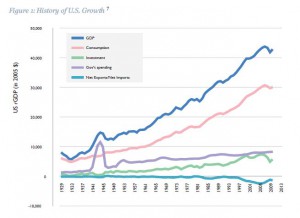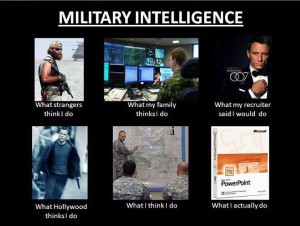MIT Online vs. Your Local College: How Will Web Learning Stack Up?
Alan Jacobs – Alan Jacobs is the Clyde S. Kilby Professor of English at Wheaton College. He blogs at ayjay.tumblr.com.
The Atlantic, 23 February 2012
The success of e-education depends on whether universities can design online environments that are conducive to learning.
In one of my first posts here at the Atlantic, I wrote about universities and the problem of credentialing. If a school like Stanford offers online classes to non-Stanford students, and those students learn a great deal, then what is that learning worth? Or, to be more precise, what might a potential employer think that that learning is worth, in the absence of a formal credential like a grade or a degree?
Well, as Megan McArdle has reported here recently, at least one university, MIT, is moving towards making a kind of credential available for people who take and pass its online courses. The plot, then, is definitely thickening. And some questions are beginning to loom in my mind.
. . . . . . .
That's going to be the key to the future of online learning: not whether universities simply film their best lecturers, or place all their course materials online, but whether they find an optimal design for online learning.
But of course, as I suggested in my earlier post, it may not be universities who first figure this out: it may be educational entrepreneurs like Sebastian Thrun. If so — and depending on what kinds of intellectual property claims people like Thrun can make and sustain — universities may find themselves playing a futile game of catch-up.
The ones best placed to avoid such an unfortunate turn of events are, of course, the wealthiest universities, and if they are willing to invest a lot of money, time, and energy, then they may well end up, as McArdle suggested in her post, ruling the roost even more confidently than they do now. But I'm not yet convinced that many of our most prestigious institutions are in this particular game to win it.
Phi Beta Iota: Rote education is in a massive nose-dive. As hackers have known so well for over twenty years, schools are now 20% relevant, 80% a waste of time. As the same time, the government has failed to plan for the economy, the society, or the global information-sharing and intelligence matrix. Secret intelligence consumes (in the USA) $80 billion a year while yielding 4% “at best” for a few, nothing for everyone else. Research has similarly poor relevance and return. The entire knowledge system is hosed. This is our core challenge.
See Also:






